This website uses cookies so that we can provide you with the best user experience possible. Cookie information is stored in your browser and performs functions such as recognising you when you return to our website and helping our team to understand which sections of the website you find most interesting and useful.
mindset
podcast
plant-based tips
meal prepping
meal planning
listen now
Plant-based inspiration and wisdom for your nutrition journey
Plant Centered &
Thriving Podcast
Tune in!
learn more
My motto? Take it step by step. Everyone’s on a different journey, and nutrition never looks exactly the same for any two people. To build sustainable, healthful eating habits, I believe in a personalised approach that gets to the root of your unique needs and goals.
Your Registered Dietitian Nutritionist & plant-based eating advocate
hey! I'm Ashley Kitchens
“70%-80% of your immune system, of the actual immune cells, are located in your digestive tract!”
World-renowned gastroenterologist, Dr. Robynne Chutkan, sheds light on the huge connection between our gut health and immune system and how diet plays a crucial part in this. We explore the importance of understanding the impact of what you put into your body and how it plays a role in your health. Plants play a paramount part in this scenario. As a gastroenterologist, it’s part of Dr. Chutkan’s daily life to shed light on this connection.
Gut and Immune System
Dr. Chutkan explains that 70% to 80% of your immune system, of the actual immune cells, are located in your digestive tract. This is like having some sort of immune material throughout your body. There’s immunologically active tissue in the adenoids and the spleen and other parts of the body, but a big portion of it is in the gut, in the small intestine on the other side of the gut lining, to be exact.

To go a little more into detail, your gut lumen, which is lined by a one-cell thick epithelial lining, is very thin and those cells have junctions between them. And when the junctions open up, it creates an increased intestinal permeability. All of that is designed to keep everything in the gut lumen so that the indigestible part of the food (such as fiber) can be carried through to the end of the GI tract, the anus, and be excreted. It also allows digested food, particles, nutrients, etc. to pass through those junctions, get into the bloodstream and be carried to cells.
In other words, “the gut lining is a bidirectional selectively permeable membrane” Dr. Chutkan describes.
Dr. Chutkan calls this a hollow digestive superhighway. And it’s the gut lining that allows nutrients to penetrate through, yet keeps toxins, viruses, and pathogenic bacteria out. So right on the other side of that lining, there are trillions of microbes in the gut lumen. And then on the other side, you have an enormous number of immune cells, like different T cells and B cells. And there’s constant communication across that gut lining – and Dr. Chutkan refers to the microbes as air traffic control. So, they are the ones who are directing the immune cells on what to do.
When Bacteroides, which are a kind of microbe, detect a dangerous virus, they trigger the release of interferons in the wall of the lining. And then the interferons send a message to the immune cells about what to do. So, if the gut microbiome is disrupted and the population of Bacteroides is in some way off, you can see how that can interfere with the signaling.
Similarly, if the gut lining itself is damaged, that can also create a problem. To have a strong immune system, you need the “Goldilocks immune response”: a healthy microbiome, intact gut lining, and working signaling. Not so active that you’re overreacting, but not so under-active that you’re not clearing the pathogen. It needs to be in balance.
Eat Your Veggies
In a lot of immune responses, the health of the host matters. In this case, the health of the gut. And there are great advancements being made in microbiome analysis. This means connecting the presence of certain microbes and the outcome of diseases. Those that eat a lot of vegetables, like you might in plant-based eating, have high levels of a bacteria called Faecalibacterium prausnitzii, also known as “fecomucus.” This seems to cause better outcomes from COVID-19 and shows that you can literally eat your way towards a stronger immune system.
To allow your microbiome to become stronger and protect the body from various attackers, vegetables might be your first defense. But the key is variety. Not only do you want to consume microbes with your diet (probiotics), but you also want to feed those that are already in your gut (prebiotics). And it seems like you’re better off focusing on whole food nutrition versus reaching for a capsule or pill, as a lot of probiotics don’t contain the amounts of live bacteria they claim to. When they do contain live bacteria, it’s not always a guarantee that they’ll make it down to the colon intact or even colonize and repopulate. But, whole plant foods can do all of that.
Studies showed that your diet does impact your microbiome – even within a few weeks. And what’s going on in your microbiome is kind of an epigenetic factor. It’s a factor that might be able to alter your genetic destiny. And to Dr. Chutkan, that’s an incredibly optimistic message. It means even if you have a strong family history of heart disease, there are things that you can do that could potentially alter your destiny for the better.
As Dr. B. shared on Episode 58 of the Plant Centered and Thriving podcast, eating 30 or more different plants over a week is associated with a healthier, more diverse, and robust microbiome than people eating ten or fewer. And if you look at plant-based eating from a health point of view, the really important takeaway is that we need to eat more plants.
But just taking a probiotic alone is not going to shift the needle. However, only about a tablespoon of sauerkraut, a classic fermented food, can give you upwards of 21 different strains of bacteria. And then it’s about feeding those bacteria. This isn’t to say that you have to eat plants all day long. But, you do have to keep in mind the amount of fiber you’re eating to make sure you’re enhancing whatever you’ve taken probiotic-wise, as well as your native population of gut bacteria. So, if you want to really boost your immune response, eat plenty of plants and include some fermented foods like sauerkraut, kimchi, kombucha, miso, or sourdough as well.
Self-Care for the Gut
Apart from nutrition, sleep and stress are two other big factors that contribute to gut health. Melatonin, the sleep hormone, is made from serotonin, the “feel good” hormone that’s made in the intestine by gut bacteria. Therefore, if your serotonin levels are off, the same goes for melatonin.
The data on sleep is also telling in terms of increased risk for viral illness and vaccines. So, for example, there’s data that shows if you’re sleep deprived in the two days prior to a vaccine, it can be 50% less effective, because sleep is essential for rebooting your immune system. And that for every one hour of additional sleep you get, there’s a 12% drop in your risk of getting an infection. And while exposure to these viruses is almost inevitable, we can regulate the outcome that way, by sleeping more – isn’t that great news?
Chronic stress also affects your immune system too and decreases your ability to fight illness. So, a virus can be simmering in the body latent and then once you’re stressed out or sleep deprived, your immune system that normally would be keeping it in check is not able to do that. And all of a sudden you have a recurrence. Sound familiar?
Now we know that being less stressed helps your gut. But how can you achieve that?

The Japanese concept of “Shinrin yoku”, aka forest bathing, might help with that. It integrates both mindfulness and being out in nature. It can decrease blood pressure and risk factors for cardiovascular disease. It can also increase feelings of well-being and improve healing.
But, it turns out it also has an antiviral effect. There’s just something in the air outside that helps to kill viruses. Therefore, it’s important to keep in mind that these preventative things can really have a big impact. It’s literally in the environment. So, next time you go for a walk, imagine bathing in that immune-boosting goodness.
Listen to the podcast episode
IF YOU LOVE US, TELL US
If you enjoyed this episode, go ahead and hit SUBSCRIBE. There is a new episode every Monday. Click here to subscribe on iTunes.And if you’re feeling generous, take a few seconds to leave The Plant Centered and Thriving Podcast a review on Apple Podcasts. Hearing what you think helps me to curate the best content possible that will benefit YOU. So all you do is click here to review, click “Ratings and Reviews” and “Write a Review.”
Relevant Links:
- Will Bulsiewicz – @theguthealthmd
If you want to connect with Dr. Chutkan, visit the following:
- Instagram: @gutbliss
- Website: DrRobynneChutkan.com
more to explore
more to explore
Get weekly guidance to support your plant-based journey while strengthening your relationship with food, including weekly plant-based recipe ideas, tips, encouragement and so much more.
Join our newsletter
want blog updates?
explore
Founded by registered dietitian Ashley Kitchens, Plant Centered Nutrition shares approachable, evidence-based insights to inspire a balanced, plant-forward lifestyle. Ashley partners with brands, podcasts, and publications to show that healthy eating doesn’t have to be complicated—it just has to feel good and fit your life.
making plant-based eating easy, joyful, and realistic.






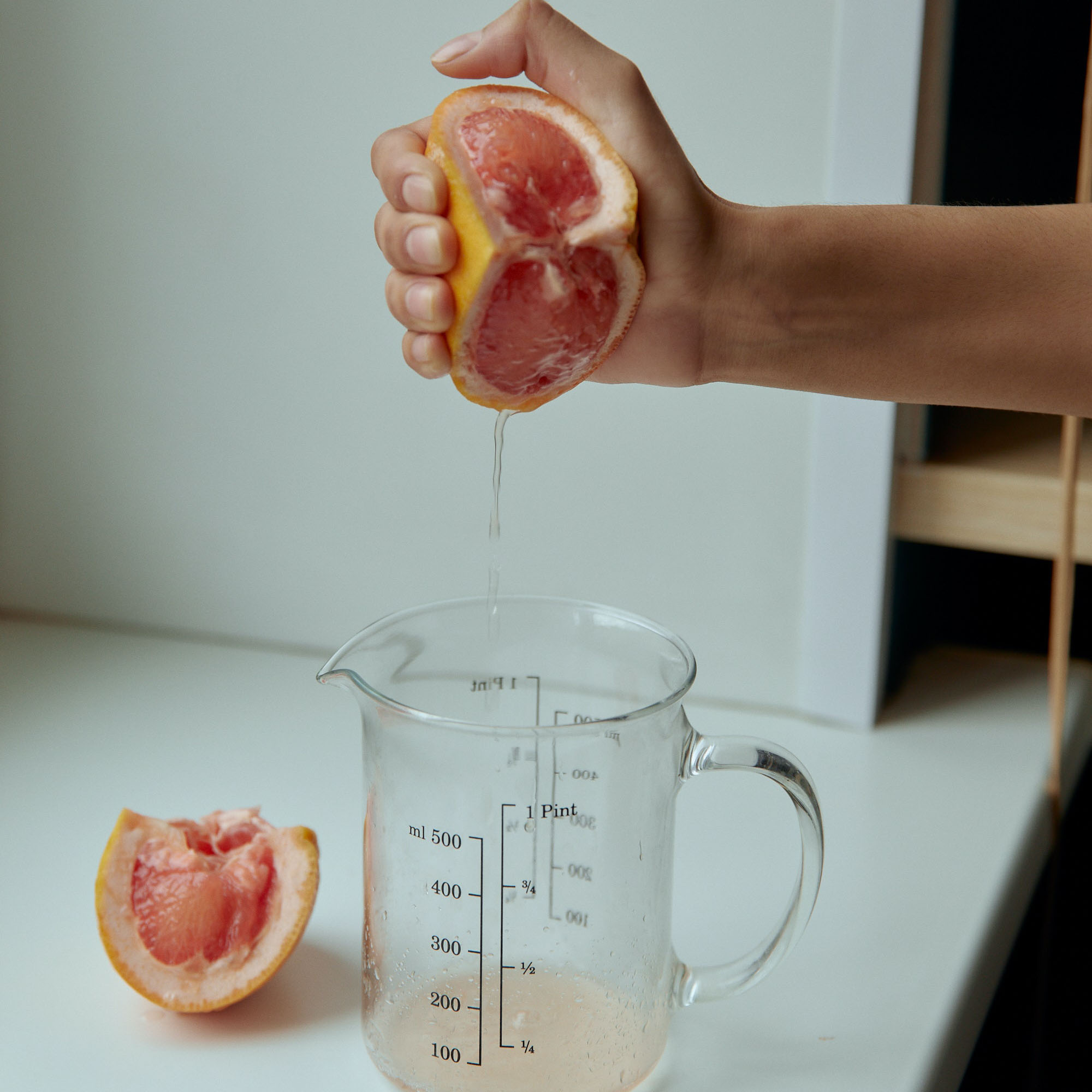


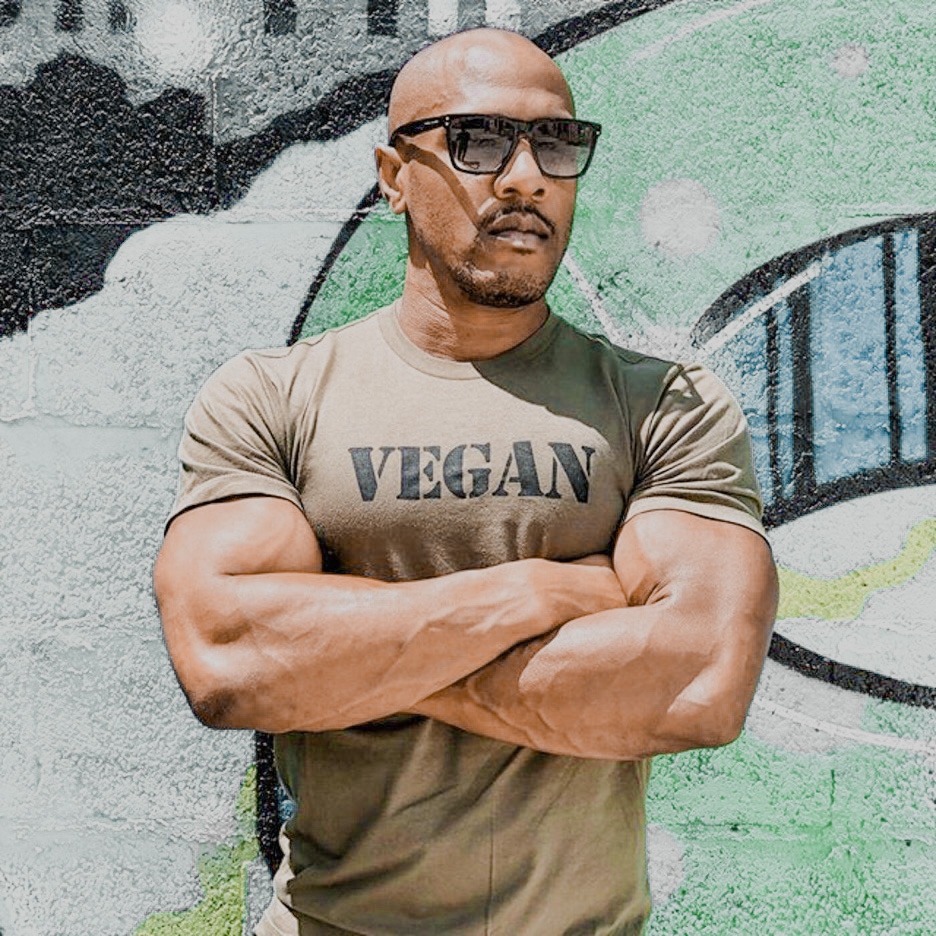



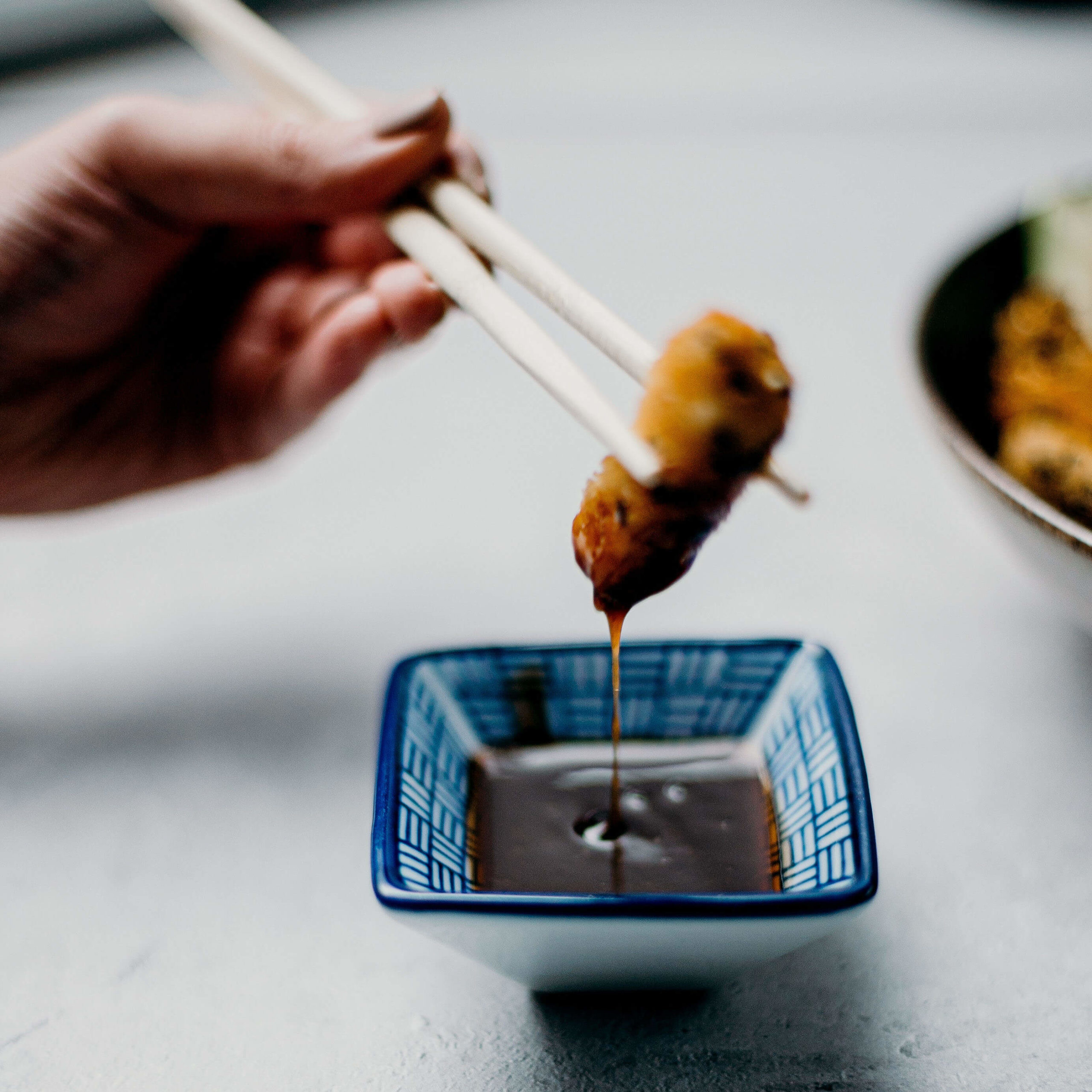

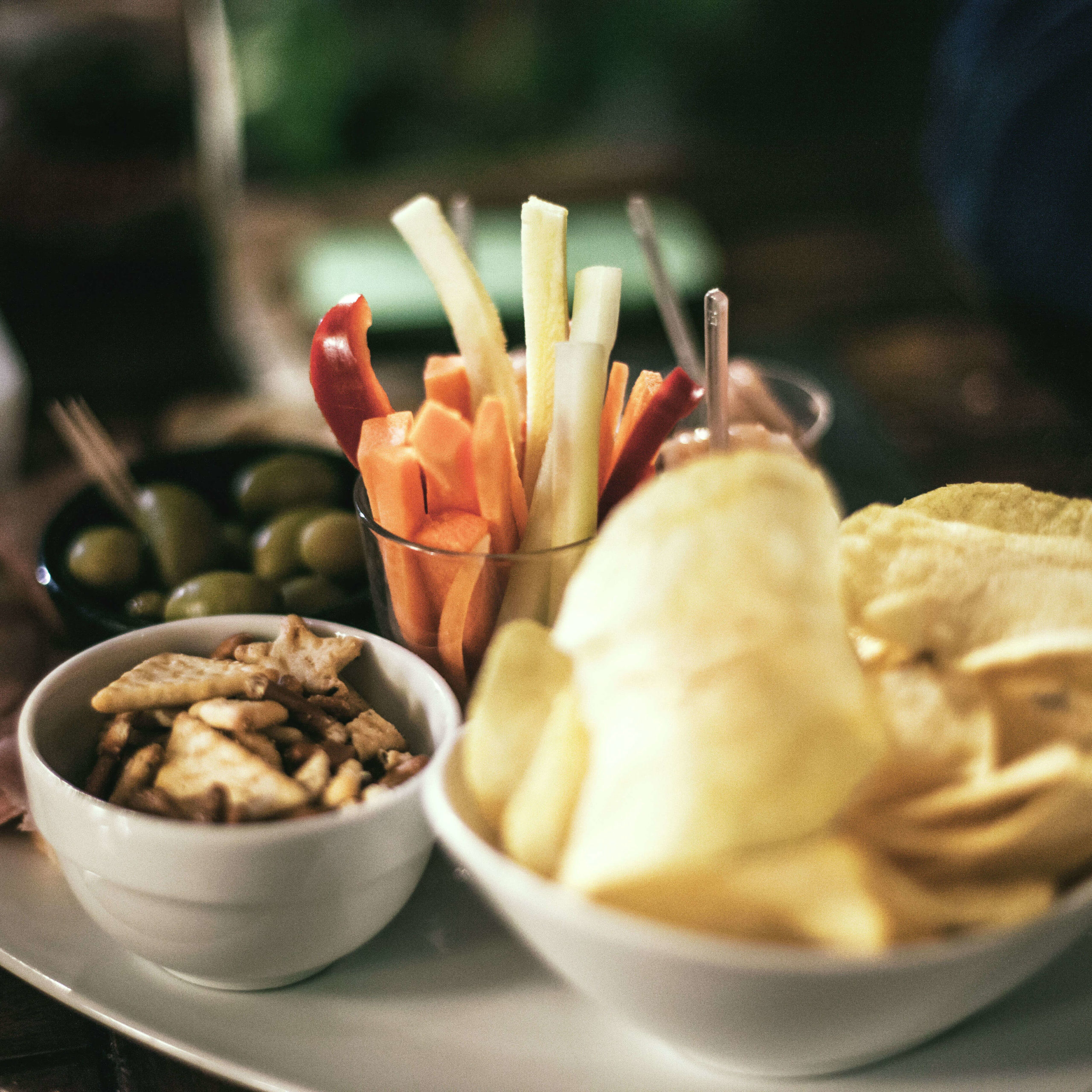

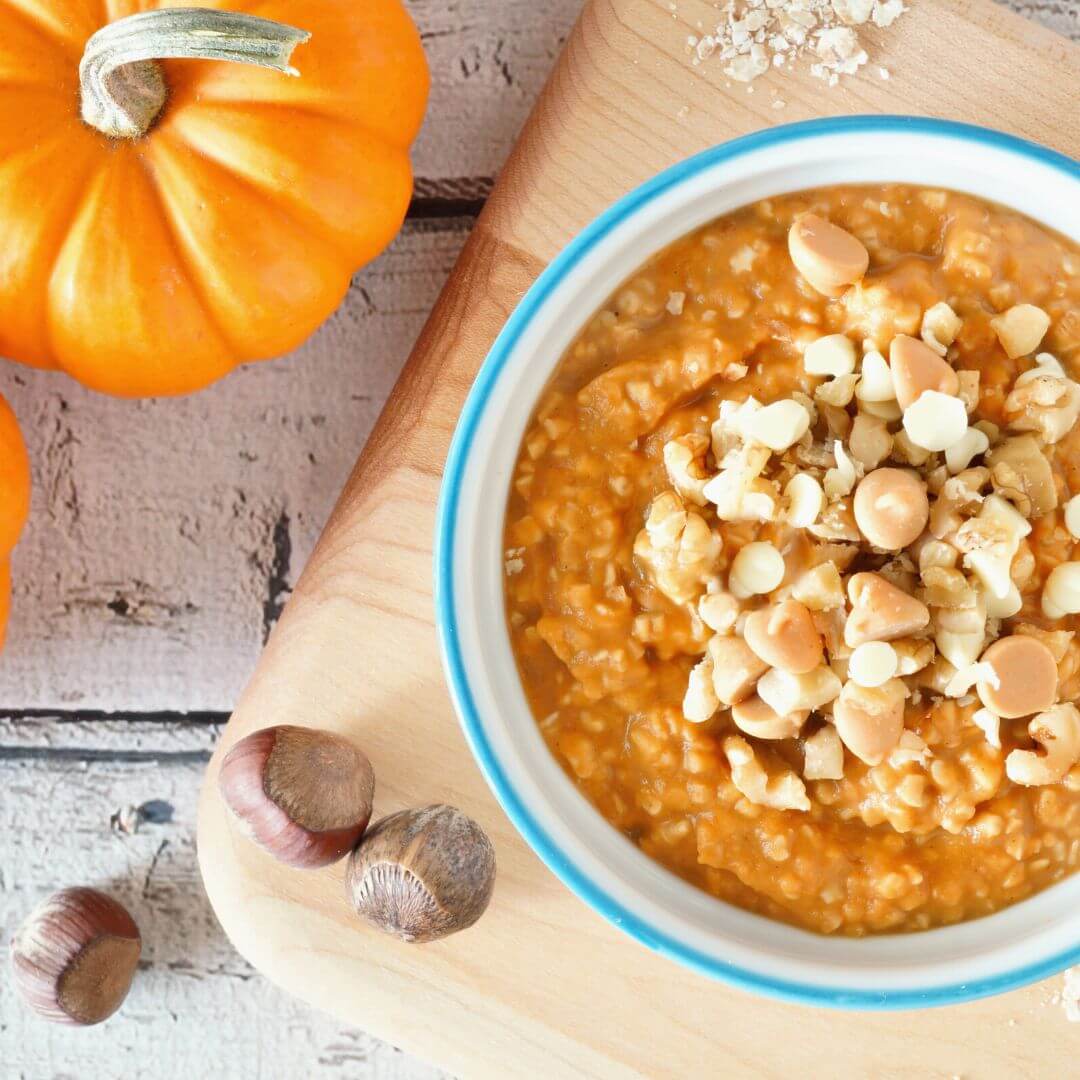

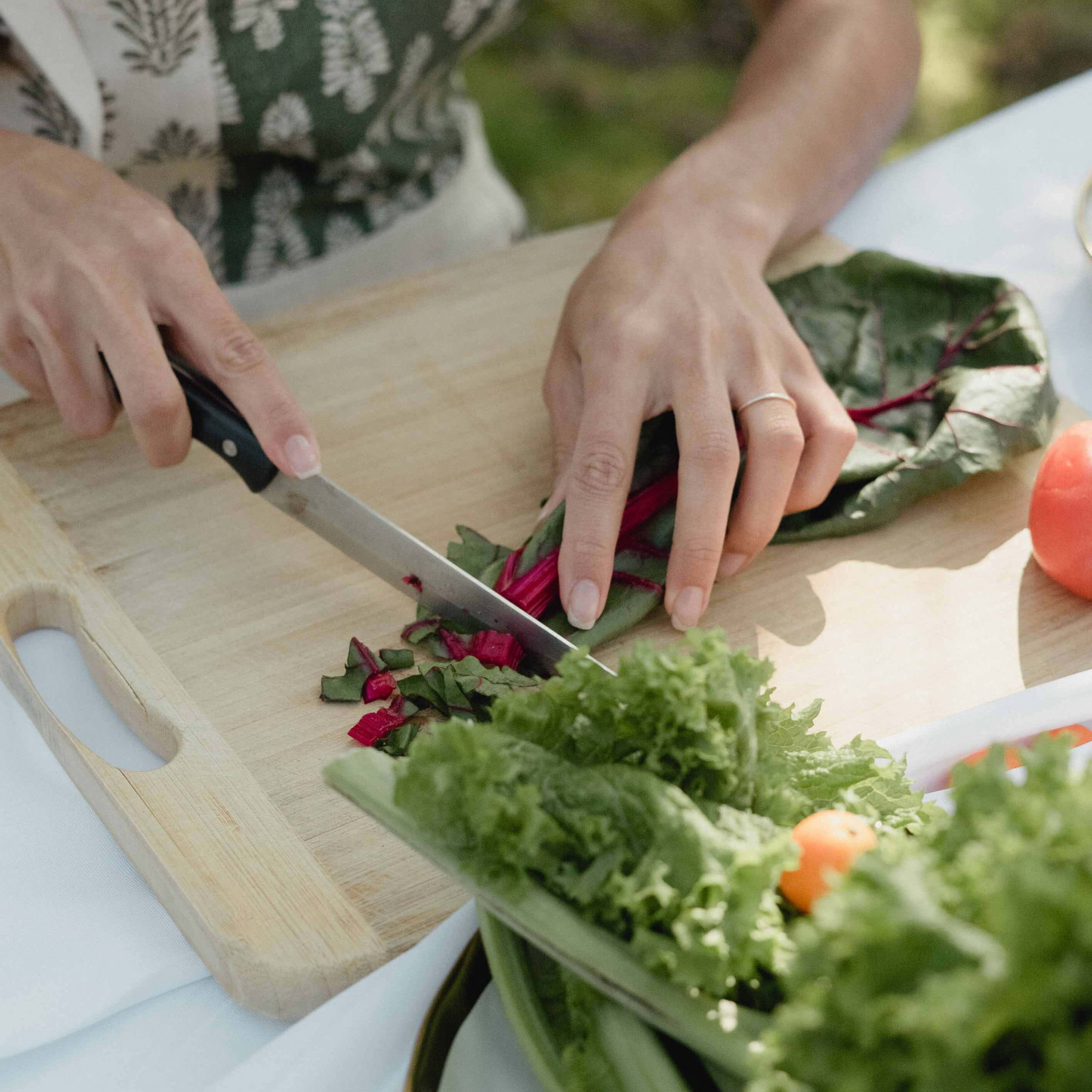





share
click to LEAVE A COMMENT